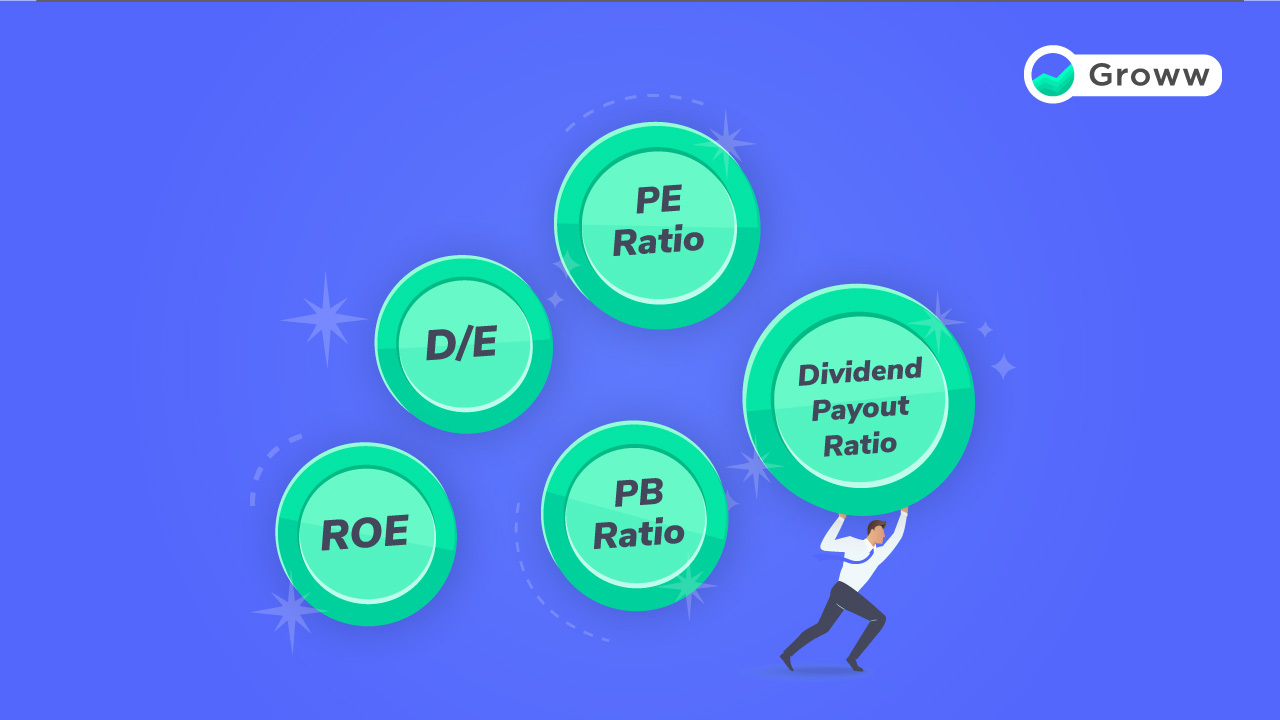Exploring Private Mortgage Loans and Commercial Real Estate Financing

Private mortgage loans and commercial real estate financing are crucial tools for investors and developers looking to grow their property portfolios or launch construction projects. Whether it’s through Australian platforms like Marway or international services such as Collioure Property’s commercial real estate building loans, understanding these financial instruments can open new doors for property success. This article explores what private mortgages are, how commercial building loans work, and what borrowers should know to make informed decisions.
Understanding Private Mortgage Loans
A private mortgage loan is a type of real estate financing that is provided by private lenders rather than traditional banks or credit unions. These lenders can be individuals, investment groups, or private companies. Unlike conventional loans, private mortgages are known for their flexibility, quicker approval processes, and tailored terms based on the borrower’s needs and risk profile.
One of the primary appeals of private mortgages is the ability to secure funding even when a borrower may not meet strict institutional criteria, such as high credit scores or substantial income documentation. Instead, private lenders often focus on the value and potential of the property itself.
Private mortgages are typically used for:
-
Property investment or development
-
Short-term financing needs
-
Bridging loans while waiting for long-term financing
-
Construction projects
The Role of Commercial Real Estate Building Loans
Commercial real estate building loans are specialized financing solutions designed to fund the construction or renovation of commercial properties such as office buildings, retail spaces, warehouses, or apartment complexes. These loans are essential for developers who want to bring large-scale projects to life.
For example, Collioure Property offers commercial real estate building loans that cater to developers across Europe, with a focus on France. Their services include funding construction from the ground up or transforming existing buildings to meet new business demands.
Key features of commercial real estate building loans include:
-
Structured loan phases tied to construction progress
-
Interest-only payments during the building phase
-
Final repayment after project completion, often through sale or refinance
Benefits of Private Mortgages in Australia
Australia has witnessed increasing demand for alternative lending options like private mortgages, and services such as Marway have stepped up to offer personalized financial solutions. Marway focuses on clients who require fast access to capital or who may not qualify for mainstream bank loans.
Some notable advantages of private mortgages in Australia include:
-
Rapid processing (often within days)
-
Flexible terms and loan structures
-
Solutions tailored for self-employed borrowers, investors, or clients with complex financial histories
-
Opportunity to fund unique or non-standard property types
Australian borrowers also benefit from strong legal frameworks that protect both lenders and borrowers, allowing for a more secure lending environment.
Key Differences Between Private and Traditional Mortgages
While both private and traditional mortgages serve the same basic purpose—helping individuals or businesses purchase property—the way they operate differs significantly.
| Criteria | Traditional Mortgage | Private Mortgage |
|---|---|---|
| Lender Type | Banks, credit unions | Private investors or firms |
| Approval Time | Weeks to months | Often within days |
| Credit Requirements | High credit score, income proof | More flexible, asset-based |
| Loan Term | Usually long-term (15–30 years) | Short to medium term (1–5 years) |
| Interest Rates | Lower, but stricter conditions | Higher, due to increased risk |
This comparison highlights why private mortgage loan are attractive to borrowers needing speed, flexibility, or custom funding solutions.
How to Apply for a Private Mortgage or Commercial Loan
Applying for a private mortgage or a commercial real estate building loan typically involves a more personalized and streamlined process compared to traditional bank applications. While the documentation required varies by lender, borrowers should prepare:
-
A clear explanation of the project or property
-
Proof of property ownership or intent to purchase
-
Construction or development plans (for commercial loans)
-
Financial history or proof of repayment capability
-
Exit strategy or plan for repaying the loan
Private lenders may also require a property valuation or an on-site inspection to assess the risk and loan-to-value ratio.
Risks and Considerations
As with any financial decision, private mortgages and commercial loans come with risks. It’s essential for borrowers to understand the implications before committing:
-
Higher interest rates: Due to the increased risk taken on by private lenders, rates are often higher than those offered by banks.
-
Shorter terms: These loans are usually meant to be repaid within 1–5 years, requiring a clear exit strategy.
-
Collateral: Most private lenders require the property itself as security, meaning borrowers could lose the property if they default.
-
Regulatory differences: Private lending operates under different regulatory frameworks, which can be less stringent but require due diligence on both sides.
Engaging with reputable firms such as Collioure Property or Marway can mitigate some of these risks by offering transparency, experience, and professional support throughout the loan process.
Who Should Consider Private Mortgage Loans?
Private mortgage loans are best suited for individuals and businesses who:
-
Need funding quickly
-
Have been denied by traditional banks
-
Are purchasing unconventional or high-risk properties
-
Are in the midst of complex or short-term investment strategies
-
Need bridge financing or construction loans
Real estate developers, house flippers, entrepreneurs, and self-employed individuals often find private mortgage options to be a practical alternative to conventional methods.
Conclusion: Choosing the Right Lending Path
Whether you are developing a commercial building in Europe through platforms like Collioure Property or seeking fast and flexible financing in Australia through Marway, private mortgage loans offer unique advantages.
These loans empower investors and property owners to act swiftly in competitive markets and bring projects to life that might otherwise be delayed or denied by traditional lenders. However, understanding the responsibilities, risks, and terms involved is crucial.
As always, borrowers should consult financial advisors or legal professionals before entering any agreement to ensure that private mortgages align with their long-term goals and financial health.







